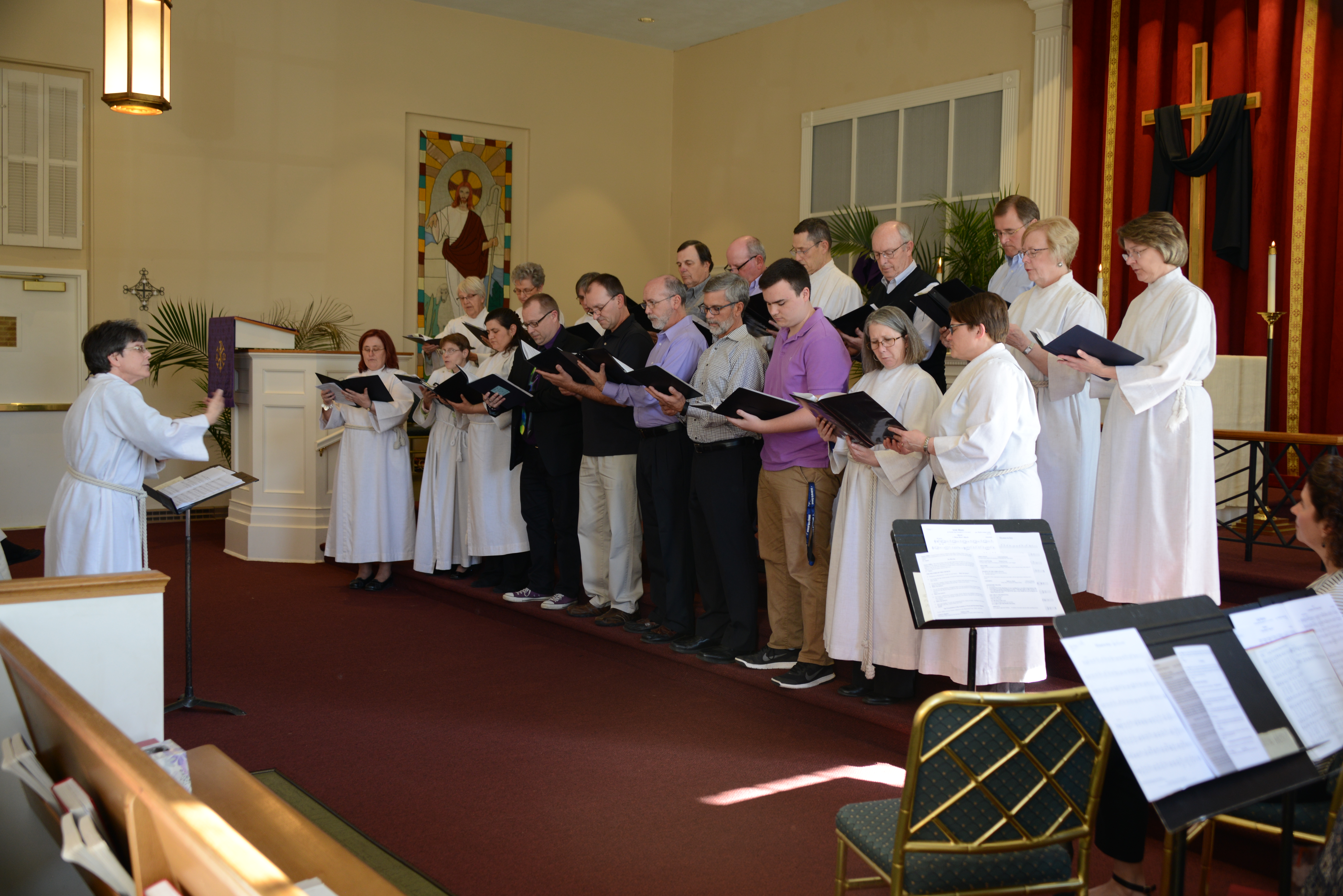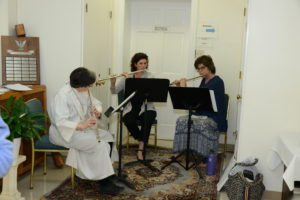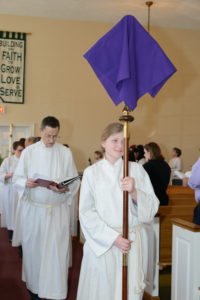Hey YOU! You there! You ARE salt; You ARE light.
Jesus says YOU are the salt of the earth. YOU are the light of the world.
Jesus doesn’t give us a choice, doesn’t make it conditional, doesn’t give us an option. We are what we are. Right now. Right here. You and me, salt and light.
Jesus tells us like it is.
That is really what the Sermon on the Mount is about. Jesus telling us like it IS, changing hearts and minds for God. And a changed heart for God, for Jesus and for discipleship brings about real transformation of body and soul.
It is all about transformation. And that transformation began last week with the first 12 verses in Matthew 5, which people call the Beatitudes and which Jesus uses to describe his new world order and a whole new way of looking at things.
Jesus is hanging out with a bunch of losers. And by 1st century Mediterranean standards that is what they are – backing up to verse 23 in Chapter 4, we read that they were sick, afflicted with various diseases and pains, demoniacs, epileptics and paralytics. Not a priest or a scribe among them.
These are the people that scared them. People were scared of those with disease, demons, epilepsy and with limbs twisted about. Society has pushed them to the margins. It is in the margins that we always find Jesus.
Jesus calls among his closest friends and chosen students a couple of fishermen, a tax collector and zealot – 12 in all – disciples.
Jesus begins the transformation of their hearts, souls and minds when Jesus tells the whole lot – the people living in the margins and the disciples – you are blessed.
Up until now, no one has told them you are blessed. Because if you were sick, afflicted with various diseases and pains, a demoniac, epileptic and paralytic, you didn’t see yourself blessed.
You are blessed. Those are powerful words. It gives us something that we cannot give ourselves – it is a precious gift.
We talked about blessings in the Old Testament in Genesis where it tells us that Jacob stole the birthright and BLESSING from his brother, Esau, who wept bitterly over the loss.
You are blessed.
We learned last week that was tantamount to God saying to you, “I LIKE you.” Yes, we know we are loved, but Jesus is saying to them and to us – I LIKE you!
Try this – say to yourself – or better yet – say it aloud “Jesus LIKES me!”
That feels different doesn’t it? Simply verbalizing this reality changes our perceptions of ourselves.
When our perception of reality changes, when we begin to see ourselves differently, then our perspective changes, reflecting the transformed heart.
What Jesus is and will continue to do is to change, to TRANSFORM their perception of their reality.
Here, he didn’t change their reality; he was changed how they THOUGHT about their reality.
They were still on the margins. They were still on the mount listening to Jesus. Others may see and label them as the sick, the diseased and so on. What important is that they no longer see themselves as “those people”.
Jesus is changing them from the inside out. He is changing their hearts. Simply by changing their identity, calling them blessed and offering an invitation.
Remember all those people that Jesus says are blessed: sick, afflicted with various diseases and pains, demoniacs, epileptics and paralytics. Those are ones that we are now called to bless as well.
YOU are salt; YOU are light. Without salt and light we cannot live.
So, not only are you blessed, Jesus likes you but you are something in the Kingdom and you have an important role to play. We can’t live without you.
Be in life-giving relationship with others.
Salt and light are not important by themselves. Their importance comes from interaction with other things. They act in relationship to something else.
Salt has many uses – it flavors, it preserves, it cleanses. But it doesn’t do it alone. It is interaction with something else to preserve, clean and flavor.
Alone, it’s just salt but in relationship with something else, it means so much more – good taste, food that can be eaten in a few months and not make you sick, your wound heals.
Likewise, light too, gives illumination to something else. Light functions to help us to see, keep us warm – get the idea? By itself its just light but in relationship with us, it becomes life-giving, and illuminating.
So when Jesus says to us: You are salt; you are light – then he is telling us that we are to be in relationship with others.
Jesus is calling us as he sees us now – his disciples. And with that, comes responsibility. Jesus has given us, along with the disciples, a new identity. What difference does that make in our lives?
Because Jesus calls us salt and light, we are called to live salty, light emitting lives, reflecting God’s love, sharing with our neighbor and growing in faith.
We are called to live into that identity and to act as if that makes some kind of difference in our lives.
So Jesus calls us salt and light and KNOWS that we will be and do just that.
Then there are verses 17-20.
Jesus starts with “Do not think” with “very truly I tell you…” In other words, stop and pay attention – this is important.
Jesus is making it clear that he is not here to change the law in way shape or form HOWEVER; this does not mean that he won’t reinterpret it either. He interprets it in terms of contemporary practice.
And then the punch line – verse 20 – unless your righteousness exceed that of the Pharisees – you’re not getting in the kingdom. What a minute? What is going on here? What about transformation and changing from the inside out gels with this?
Jesus gets into a lot of tangles with the Pharisees but it is important to remember that they shared many basic beliefs with Jesus, including how they interpreted the law, views on resurrection, and angels among other things. And in this instance, he is holding them up as an example.
What Jesus might have meant by righteousness is laid out in the scriptures that we will encounter next week. Perhaps the best way to understand righteousness is in terms of transformation – that change happens from the inside out and that the outside actions matches the inside transformation.
This is Jesus invitation to complete and total transformation in heart, mind and soul as his disciple and a reminder that the kingdom of heaven is above all a relationship – with God, with Jesus and with others.
Salt and light are always present. Without them there is no life.
You are salt; you are light – it’s not just about us – it’s about everyone else, too. Life just isn’t complete without you!



